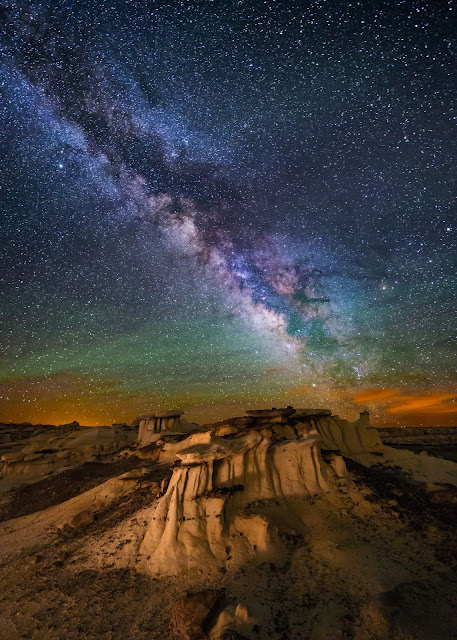In the wake of an earthquake, bombing, major storm, most people are altruistic, urgently engaged in caring for themselves and those around them, strangers and neighbors, as well as friends and loved ones.
These remarkable societies suggest that, just as many machines reset themselves to their original settings after a power outage, so human beings reset themselves to something altruistic, communitarian, resourceful, and imaginative after a disaster, that we revert to something we already know how to do. The possibility of paradise is already within us as a default setting.
Disaster demonstrates this, since among the factors determining whether you will live or die are the health of your immediate community and the justness of your society. We need ties to survive, but they along with purposefulness, immediacy, and agency also give us joy—the startling, sharp joy I found over and over again in accounts of disaster. These accounts of disaster demonstrate that the citizens any paradise requires—the people who are brave enough, resourceful enough, and generous enough—already exist. The possibility of paradise hovers on the cusp of coming into being, so much so that it takes powerful forces to keep such a paradise at bay. If Paradise nowadays most often arises in hell, that’s because the chaos of that hell suspends the ordinary rules and routines; it is not its hellishness but its disruptiveness that cracks open possibility.
The ideal societies we hear of are mostly far away or long ago or both, situated in some primordial society before the fall or a spiritual kingdom in a remote Himalayan fastness. The implication is that we here and now are far from capable of living such ideals. But what if paradise flashed up among us from time to time—at the worst of times? What if we glimpsed it in the jaws of hell? These flashes give us, as the long ago and far away do not, a glimpse of who else we ourselves may be and what else our society could become. This is a paradise of rising to the occasion that points out as well how the rest of the time most of us fall down from the heights of possibility, down into diminished selves and dismal societies. Many now do not even hope for a better society, but they recognize it when they run into it, and that discovery shines out even through the namelessness of their experience. Others recognize it, grasp it, and make something of it, and longterm social and political transformations, both good and bad, arise from the wreckage. The door to this era’s potential paradises is in hell.
The word emergency comes from emerge, to rise out of, the opposite of merge, which comes from mergere: to be within or under a liquid, immersed, submerged. An emergency is a separation from the familiar, a sudden emergence into a new atmosphere, one that often demands we ourselves rise to the occasion. Catastrophe comes from the Greek kata, or down, and streiphen, or turning over: it means an upset of what is expected and was originally used to mean a plot twist. To emerge into the unexpected is not always terrible, though these words have evolved to imply ill fortune. The word disaster comes from the Latin compound of dis-, or away, without, and astro, star or planet, literally without a star. It originally suggested misfortune due to astrologically generated trouble, as in the blues musician Albert King’s classic “Born Under a Bad Sign.”
In some of the disasters of the 20th century—the big northeastern blackouts in 1965 and 2003, the 1989 Loma Prieta earthquake in the San Francisco Bay Area, 2005’s Hurricane Katrina on the Gulf Coast—the loss of electrical power meant that the light pollution blotting out the night sky vanished. In these disaster-struck cities, people suddenly found themselves under the canopy of stars still visible in small and remote places. On the warm night of August 15, 2003, the Milky Way could be seen in New York City, a heavenly realm long lost to view until the blackout that hit the northeast late that afternoon. You can think of the current social order as something akin to this artificial light: another kind of power that fails in disaster. In its place appears a reversion to improvised, collaborative, cooperative and local society. However beautiful the stars of a suddenly visible night sky, few nowadays could find their way by them, but the constellations of solidarity, altruism and improvisation are within most of us and reappear at these times. People know what to do in a disaster. The loss of power, the disaster in the modern sense, is an affliction, but the reappearance of these old heavens is its opposite. This is the paradise entered through hell.
~ Rebecca Solnit
excerpts from A Paradise Built in Hell:
The Extraordinary Communities That Arise in Disaster
































